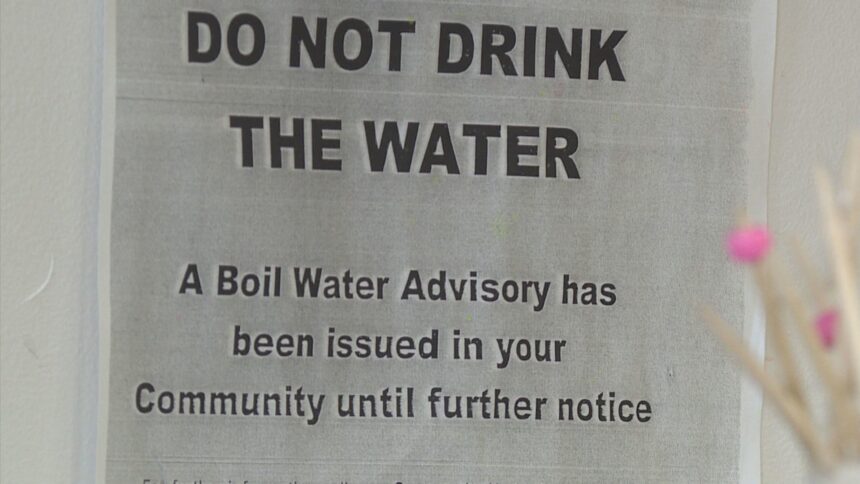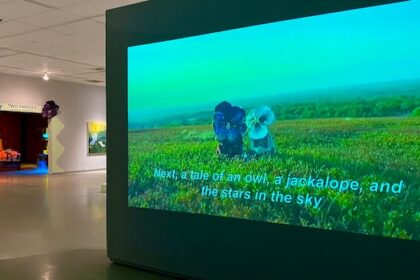The ministers of Environment from Alberta and Ontario are asking the federal government to “refrain” from reintroducing legislation that would mandate Canada to provide safe drinking water to First Nations across the country. In a statement released on Monday, Rebecca Schulz (Alberta) and Todd McCarthy (Ontario) called for an urgent discussion around scrapping all federal environmental policies and legislation that “undermine competitiveness, and delay project development,” including Bill C-61, officially called An Act respecting water, source water, drinking water, wastewater and related infrastructure on First Nation lands. “Prime Mark Carney has made a commitment to do things differently. We are hopeful that this new federal government will move away from policies and legislation that undermines competitiveness, delay project development, and disproportionately harm specific provinces and territories without any quantifiable benefits to the natural environment,” Schulz and McCarthy said in the letter addressed to Julie Debrusin, the federal environment minister. According to the original legislation, Bill C-61 would “ensure that First Nations have reliable access to a sufficient, adequate and safe quantity and quality of drinking water — and reliable access to effective treatment and disposal of wastewater — to assist First Nations in achieving the highest attainable standard of health, safety and well-being.” It also affirms the “inherent right of First Nations to self-government, which includes jurisdiction in relation to water, source water, drinking water, wastewater and related infrastructure on, in and under First Nation lands in relation to water and source water in protection zones.” The bill was being examined in the Senate when former prime minister Justin Trudeau prorogued the House of Commons on Jan. 6, killing any legislation that hadn’t passed, including C-61. The letter from Schulz and McCarthy doesn’t explain how the First Nations’ safe drinking water law would affect provincial projects or trample on their jurisdiction. The two ministers are currently meeting with their provincial and territorial counterparts and Debrusin in Yellowknife, Northwest Territories. ‘Thanks for reaching out…’ Schulz and McCarthy are asking the federal government to repeal several pieces of environmental legislation. Photo: Alberta and Ontario legislatures. According to Indigenous Services Canada, as of May 30 there are 37 long-term drinking water advisories remaining in effect in 35 First Nations communities across Canada. Neskantaga First Nation in northern Ontario has been on a boil water advisory for nearly 31 years. It’s also a community that the Ontario government is trying to get onboard to be part of the development in the Ring of Fire – an area rich in critical minerals needed for phones and electric vehicle batteries. APTN News reached out to Ontario to ask about the letter. “Thanks for reaching out – the letter stands as a response!” said Alexandru Cioban, press secretary in McCarthy’s office. In a statement released on World Water Day in March, the Chiefs of Ontario (COO) urged any new government to quickly enact the bill. “The legislation is not perfect but it was a significant step in the right direction. Our people have not had a real voice when it comes to our water. This could have helped change that. It took years and years of advocacy from dozens of people to get it this far and it would be unconscionable to let it die like this,” said Grand Council Chief Linda Debassige. “How can we expect our Nations to grow and thrive if they don’t have the basic building blocks of life? It’s 2025—it’s insanity that there are different rules for us and everyone else.” The COO said the Ontario region still has the most long-term boil water advisories in the country. “Canada has bound itself to the United Nations Declaration on the Rights of Indigenous Peoples. Article 25 states that that Indigenous Peoples have the right to maintain and strengthen their unique relationships with their traditional territories and waters while upholding their responsibilities to future generations,” said Temagami First Nation Chief Shelly Moore-Frappier. “Yet here we are, having to push Canada to ensure we have the means to ensure safe drinking water in our communities. There are no excuses. Safe drinking water is a human right—full stop. We’re calling on the next government to finish the job.” In December, the Assembly of First Nations had encouraged the Senate to fast-track the bill before Parliament rose for the holiday break but that didn’t happen. The organization, which represents more than 600 First Nations, has also encouraged the Carney government to reintroduce the bill in Parliament, where it seems to have support from all parties. In early June, APTN reached out to Indigenous Services Canada to see if the Carney government would revive Bill C-61. A spokesperson said a discussion was ongoing in the department on whether it would be reintroduced before Parliament went on its summer break. In the end, nothing was tabled by the government. Repealing environmental legislation Schulz and McCarthy are also asking for discussions around specific timelines and next steps for repealing the Impact Assessment Act, Physical Activities Regulations, Clean Electricity Regulations, Greenhouse Gas Pollution Pricing Act and associated regulations. The provinces also hope to discuss amending the Species at Risk Act to respect Canada’s constitutional jurisdictions, and suspending the proposed oil and gas emissions cap, something Alberta Premier Danielle Smith has long been calling for. “Enough talk, it’s time for action from this federal government. We look forward to discussing how to scrap these ineffective and ideological federal policies and replace them with common sense rules that create jobs, attract investment and protect the environment at the same time,” said Schulz in a statement released separately. Continue Reading
Alberta and Ontario ask Carney government to refrain from reintroducing First Nations clean water bill

Leave a Comment










